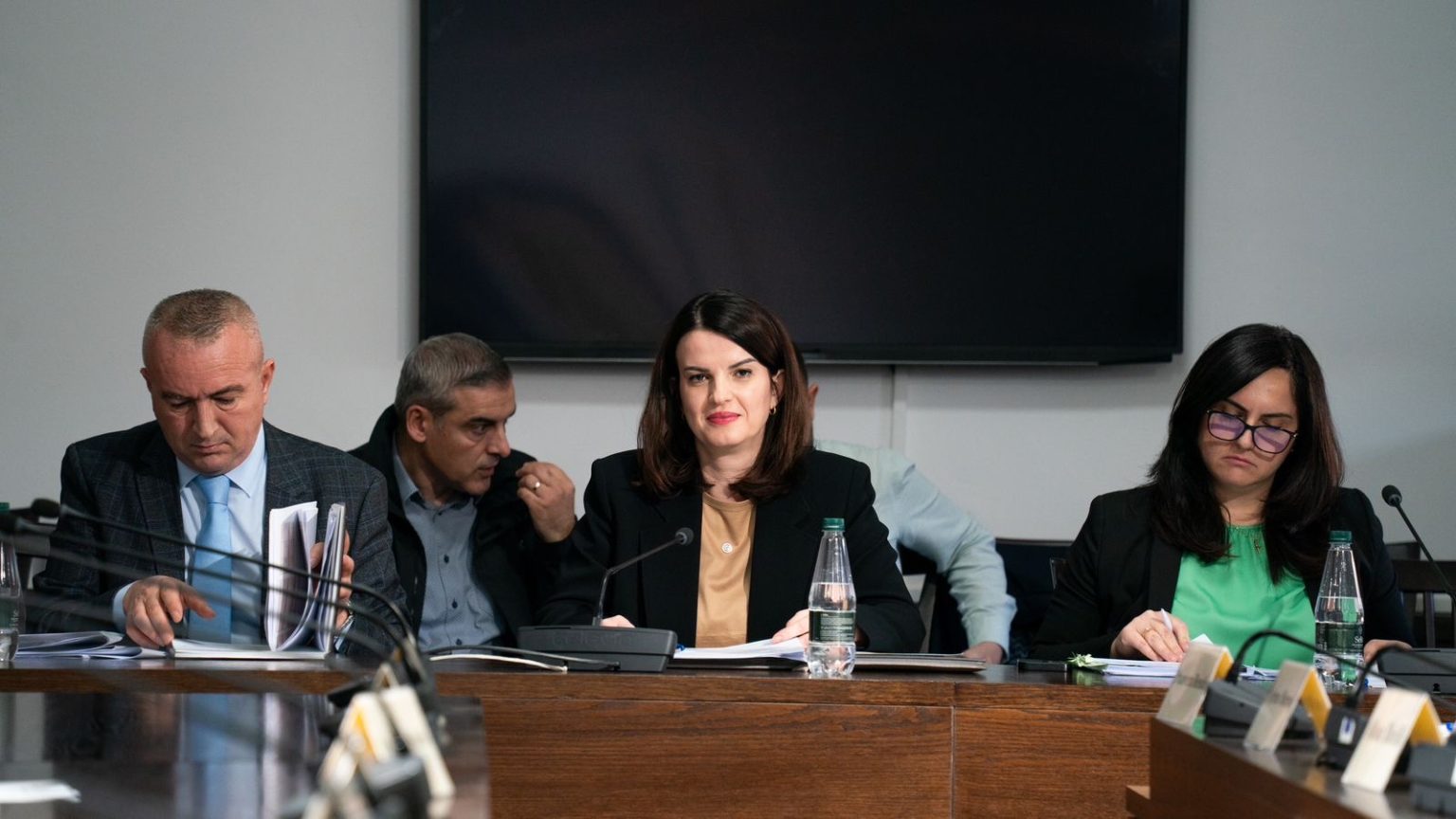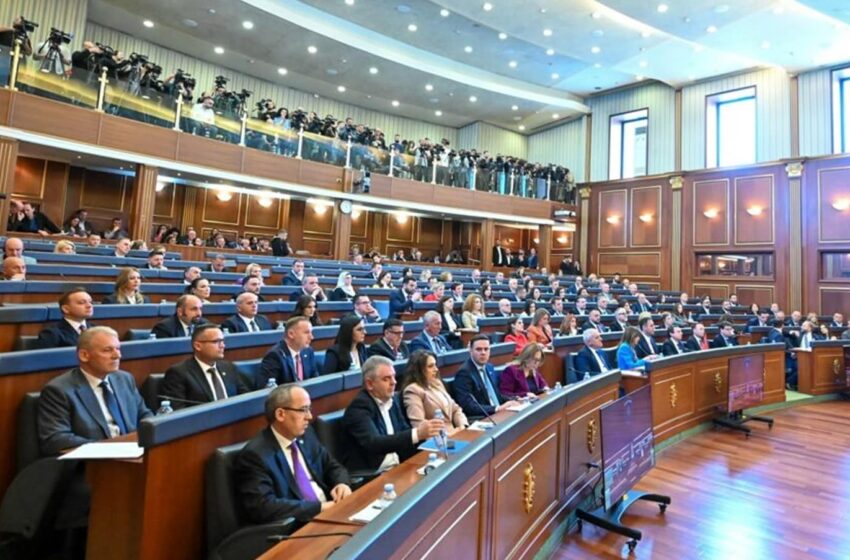Minister of Health presents ‘historic’ 2025 budget amidst opposition criticism

Minister of Health and Social Protection, Albana Koçiu, unveiled the 2025 budget proposal for her ministry in front of the Parliamentary Committee on Economy and Finance. The budget, set at 103.375 billion lekë, is the largest ever for Albania’s health sector, surpassing 1 billion euros for the first time. It is built on three main pillars aimed at expanding healthcare access and investing in critical infrastructure.
Why is this important: The budget represents a historic financial commitment to healthcare and social protection, marking a 2025 focus on expanding services, improving working conditions for healthcare professionals, and investing heavily in hospital infrastructure. However, the opposition claims the budget falls short, particularly in reducing out-of-pocket expenses for citizens.
Key points from 2025 budget:
- Universal healthcare expansion: The budget aims to reduce costs and improve access to healthcare, ensuring support for children in need, individuals with disabilities, and other vulnerable groups.
- Support for medical professionals: The plan emphasizes enhancing working conditions and increasing compensation for healthcare workers, highlighting the critical role of doctors and nurses.
- Significant investments: The ministry plans to launch major projects, including the construction of a new multifunctional building at the Korçë Regional Hospital and renovations of various medical facilities across the country.
Minister Koçiu emphasized the importance of the new investments:
“This budget is transformative, bringing unprecedented investments that will improve healthcare access, modernize hospitals, and support a broad healthcare reform.”
Opposition’s critique: Democratic Party MP Jorida Tabaku criticized the budget on social media, calling it insufficient and unjust to Albanian citizens. Tabaku highlighted the continued high out-of-pocket healthcare expenses for Albanians, stating:
“Today, 48% of healthcare costs are paid directly by citizens, while the rest comes from their taxes. Healthcare spending per capita in Albania remains at just 266 euros, far below the EU average of 2,650 euros.”
She argued that the Socialist government’s policies and over-investment in controversial public-private partnerships (PPPs) are exacerbating economic inequalities and straining public resources. Tabaku also pointed out broader economic concerns, including the impact of inflation and wage disparities, which she believes are further evidence of governance failures.
Context: The 2025 budget proposal includes major commitments, such as:
- Healthcare services: Financing basic health checks for citizens aged 35-70 and reimbursing medications for nearly 400,000 citizens, with a total allocation of approximately 130 million euros.
- Specialized treatments: Support for dialysis for 1,500 patients and cardiovascular surgeries for 10,000 beneficiaries. For the first time, the budget includes provisions for breast prosthesis surgeries for cancer patients.
- Social protection initiatives: Allocating nearly 300 million euros to support 62,000 families through economic assistance programs and 91,000 individuals with disabilities. The plan also includes funding for the baby bonus program and compensation for former political prisoners.
Despite the ambitious scope, the opposition insists on the need for a more equitable approach that would better address the needs of ordinary citizens and reduce the financial burden of healthcare.


